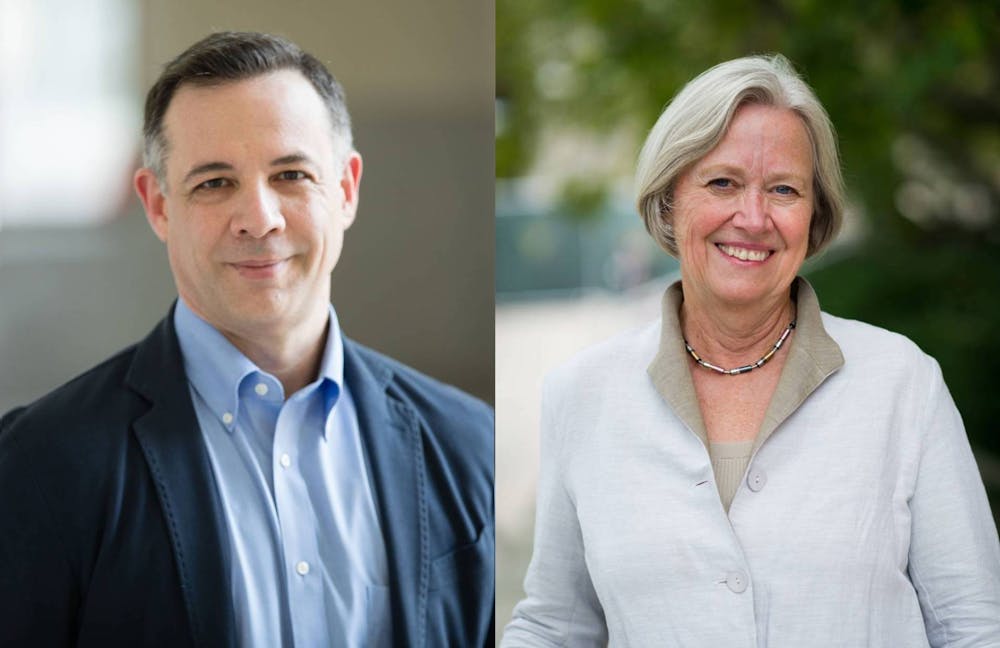Dalton Conley and Shirley Tilghman have been named 2019 fellows of the American Association for the Advancement of Science (AAAS) for their scholarship in the fields of sociology and molecular biology, respectively.
AAAS is a non-profit organization that seeks to promote scientific cooperation, integrity, education, and policy. Founded in 1848, it is now the world’s largest general scientific society with over 120,000 members. The association is also responsible for publishing the well-established journal Science.
AAAS Fellows, elected annually, are chosen based on their achievements in a variety of aspects of science. Sections include, but are not limited to, Chemistry, Agriculture, Food, and Renewable Resources, Anthropology, Education, History and Philosophy of Science, Linguistic and Language Sciences, and Biological Sciences. The position is honorific, inducting scholars into the community but not requiring active participation.
The fellowship is a lifetime honor. Last year, University professors Rebecca Burdine and Elke Weber were appointed to the position. 37 members of Princeton’s faculty currently hold AAAS fellowships.
Conley, the Henry Putnam University Professor of Sociology, is recognized by AAAS in the Section on Social, Economic, and Political Sciences. At the University, he is also a faculty affiliate at the Office of Population Research and the Center for Health and Wellbeing. He currently teaches a year-long class on how to conduct quantitative research studies to answer sociological questions, as well as a biosociology class. His research focuses on the intersection between genetics and social science.
“What are the relative contributions of nature and nurture to who we become, and how do the biologically hardwired aspects of ourselves play out in the world and depend on the world?” Conley stated as the broad questions that drive his research.
With degrees in both sociology and biology, Conley uses empirical studies which rely on naturally produced factors, or “natural experiments,” combined with new genomic tools to answer sociological questions. His recent work concerns genetic differences between siblings and their impact on social relationships within families.
Tilghman is the President of the University, Emeritus, and professor of molecular biology and public affairs. Her research focus is mammalian developmental biology and science policy. After serving as President from 2001–2013, she returned to the faculty and now advises juniors and seniors on independent work. The AAAS fellowship recognizes her distinguished contributions in molecular biology as well as her esteemed leadership of the University.
“Probably the most exciting aspect of this is to be selected along with [Tilghman], who I and so many others at Princeton have so much admiration for — for her research, teaching, and leadership,” Conley said. “That was the coolest part, to be grouped in with her.”
Conley and Tilghman will be honored in Seattle on Feb. 15 during the AAAS annual meeting, and in the Nov. 28 issue of Science.










